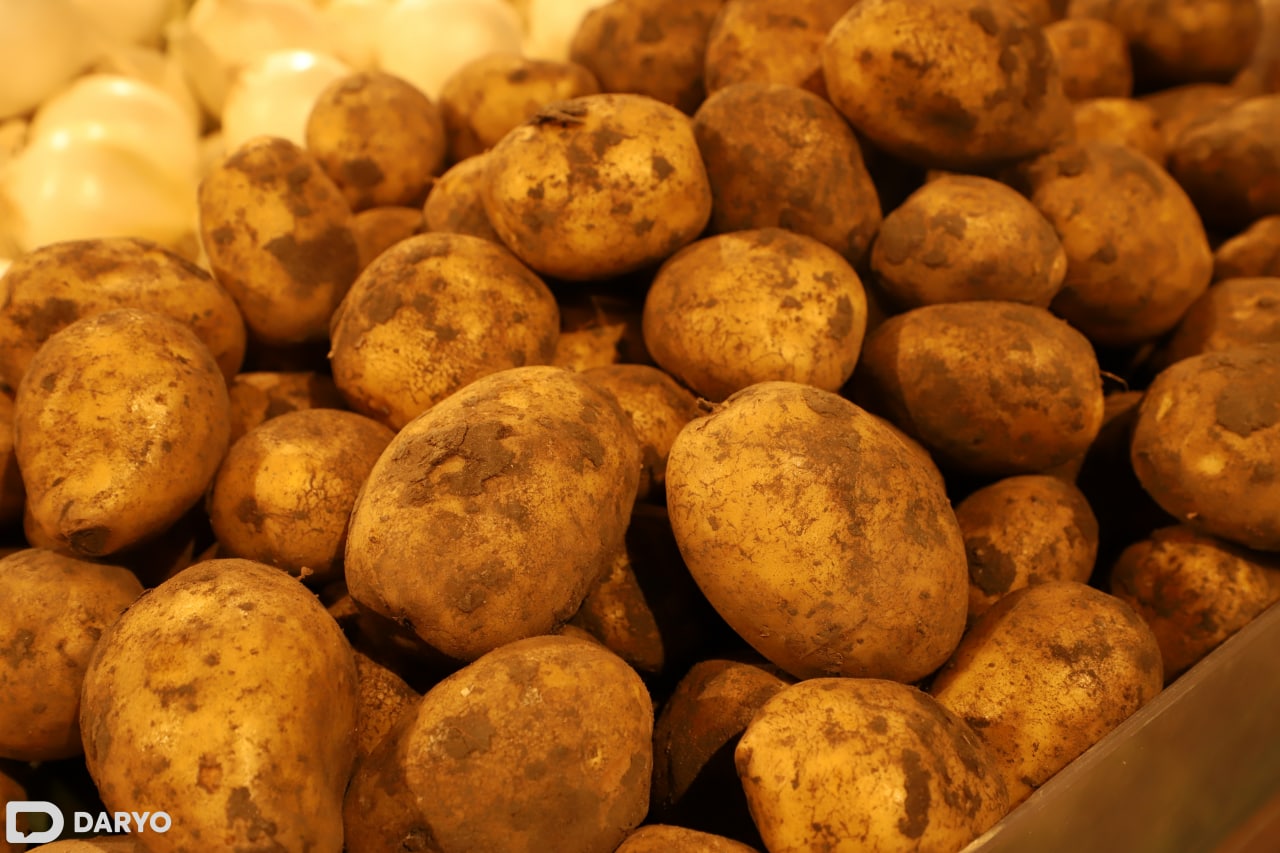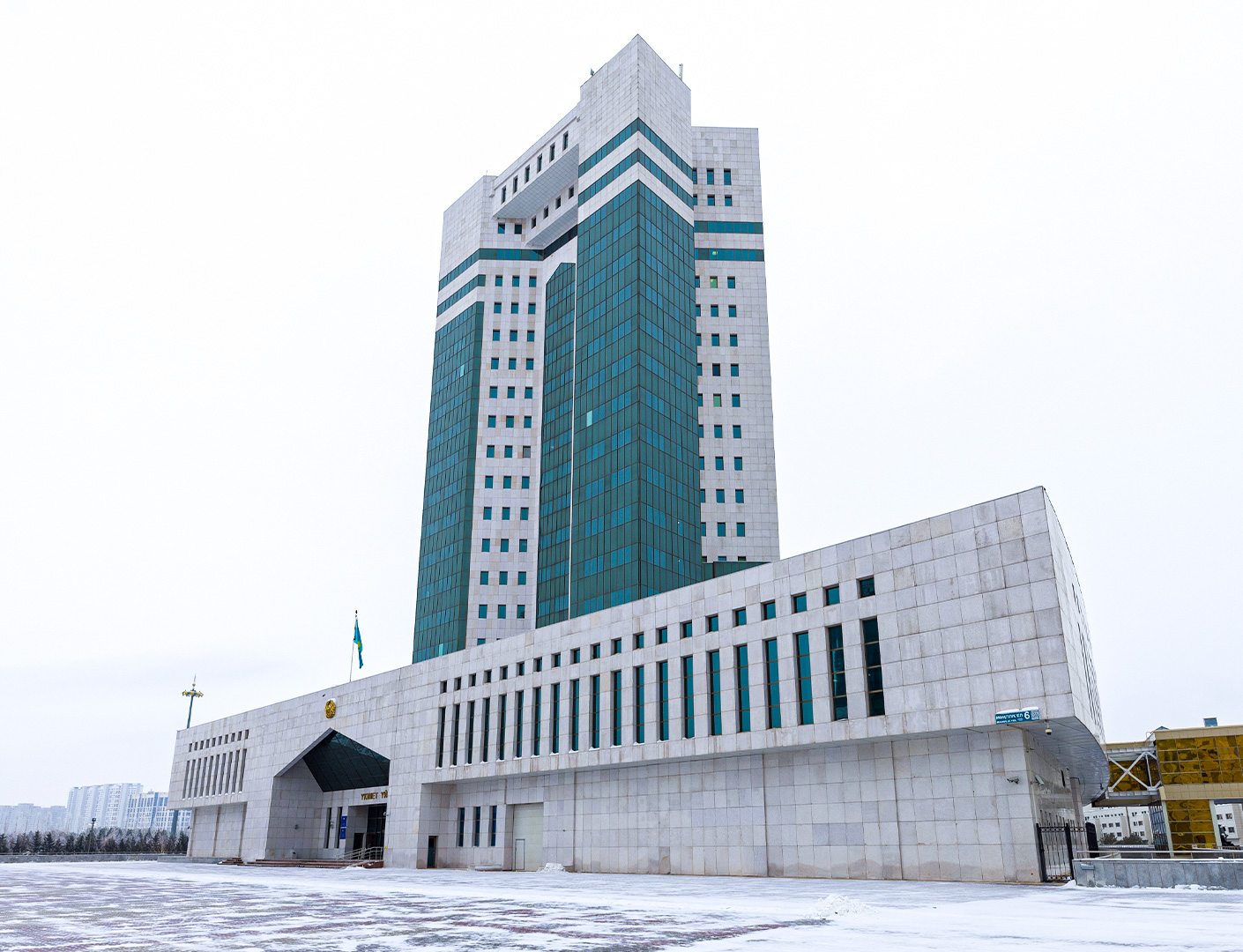Kazakhstan has implemented a six-month ban on potato exports to third countries, including Uzbekistan, in response to skyrocketing potato prices domestically. The government’s decision follows a rise in potato prices driven by increased demand from neighboring countries and high export prices.

Potato exports from Kazakhstan have surged 1.5 times, reaching 605,000 tons, up from 411,000 tons. The spike in exports, particularly to Uzbekistan, has contributed to a sharp increase in domestic prices. Over the past week, prices have jumped from KZT 170 per kilogram to KZT 270 ($0.32-$0.51), putting pressure on local markets.
In Kazakhstan’s domestic market, the price of potatoes has risen significantly. In the city of Aktobe, for instance, the cost of a kilogram of potatoes has doubled since early January, now selling for KZT 388 ($0.73) in supermarkets. Even lower-quality potatoes are fetching higher prices due to rising costs for each batch.
To stabilize prices, Kazakhstan's government has restricted potato exports to third countries for six months, effective from January 16, 2025. However, this ban does not apply to countries within the Eurasian Economic Union (EAEU), though exports to these nations will be closely monitored. The government has also suspended the issuance of phytosanitary certificates for exports.

Kazakhstan's potato reserves are reported to be sufficient to meet domestic demand until the early 2025 harvest. As of January 19, 2025, the country holds more than 850,000 tons of potatoes, excluding stock in trade networks. The 2024 potato harvest was 2.9mn tons, with 56,000 tons imported and 620,000 tons exported between August and December 2024.
The government’s actions aim to control market prices, prevent unjustified price hikes, and avoid speculative trading. Authorities, including the Ministry of Trade and Integration and the antimonopoly agency, are actively monitoring the market and will take action against any violations of trade laws.
According to the Ministry of Agriculture, the 2024 potato harvest, along with reserves, will ensure adequate supply to meet domestic consumption needs, with consumption forecasted at 675,000 tons between January and April 2025.
Follow Daryo's official Instagram and Twitter pages to keep current on world news.
Comments (0)